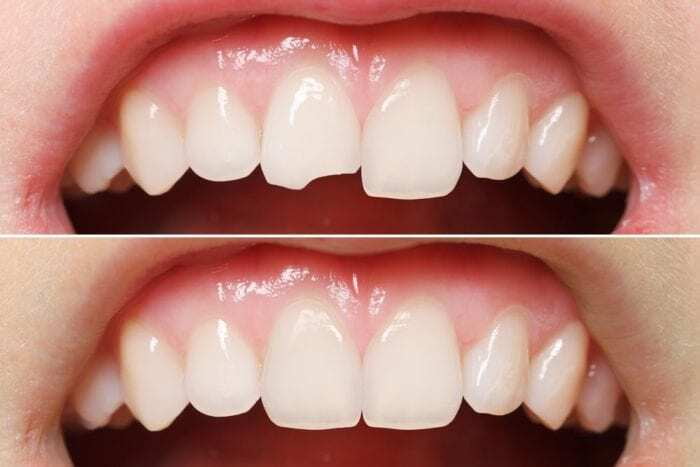
Dental Bonding: Process and Advantages in Brookhaven, GA
What Is Dental Bonding?
Dental bonding is a process wherein your Pittsburgh cosmetic dentist covers your discolored teeth with a composite resin. This substance has a putty-like appearance and can be specially tinted to match the tone of your natural tooth enamel. We fix cavities using the same material used for tooth-colored fillings. The application of this resin is a quick process that typically requires one hour or less of time. In this article, we shall explore the process and advantages of dental bonding in cosmetic dentistry in Brookhaven, GA
Process of Dental Bonding
Before applying the bonding agent, the tooth enamel is lightly washed with a mild acidic gel to prepare the surface. To get the desired color and shape for the tooth, we will thereafter apply tiny quantities of tooth-colored composite resin material in various colors to the tooth. The substance is then set and hardened with a UV light. After that, the material is polished and the form is improved.
What is the duration of composite bonding?
Since the composite bond’s material is softer than that of your actual teeth, it requires more upkeep and is more likely to discolor. To maintain composite at its finest, we recommend our composite conditioning treatment every three to six months. Cosmetically speaking, composite bonding lasts around 5 years.
What are the advantages of dental bonding?
Consider dental bonding to make your smile better for several reasons. Among these are the following:
- Unlike the majority of other cosmetic procedures, bonding may frequently be finished in only one session.
- Bonding requires less enamel removal than other treatments such as veneers or crowns.
- The appearance of your results should be flawlessly natural, making it difficult for anyone to guess that you ever had dental surgery done!
- It is one of the least expensive cosmetic procedures
How Long Does Composite Bonding Last?
A composite bonding procedure can typically last five to seven years, depending on some variables, including your diet, oral hygiene routine, and whether you avoid activities that could chip or damage the resin, such as grinding your teeth at night and wearing a mouthguard to protect your bonding.
To obtain the patient’s desired outcome using composite bonding, the dentist must first listen to the patient’s demands to determine whether this approach is appropriate. To achieve the optimum result, the case has to be designed.






